************ FOR IMMEDIATE RELEASE ***************
NEW EPA STUDY SHOWS CONTAMINATION
AT CAMP BONNEVILLE HAS MIGRATED
Contact: Dvija Michael Bertish, Rosemere Neighborhood Association
360-281-4747
Original Release: May 31, 2012
Update: June 8, 2012
EPA Region X (Seattle Office) has published a May 2012 Technical Data Report entitled “Camp Bonneville Expanded Site Inspection, Vancouver WA” (Technical Document Number 11-02-0010), prepared by Ecology and Environment, Inc, Seattle WA.
This report is phase II of a study EPA is conducting on-site to determine the level and pathways of contamination at the site. This study was performed subsequent to a February 2009 petition by the Rosemere Neighborhood Association and Columbia Riverkeeper requesting the site be analyzed under the Comprehensive Environmental Response, Compensation and Liability Act (CERCLA) to determine possible Superfund status and placement of the site on the National Priorities List. The petition was filed following a litany of cleanup management problems led by the Washington State Department of Ecology, Clark County, and former cleanup Contractor Mike Gage.
From May 2012 EPA Site Inspection Report:
Perchlorate contamination associated with on-site sources is migrating and has
reached North Fork Lacamas Creek and Lacamas Creek within the site boundaries….
Based on sample results, contamination is present at on-site sources at significant concentrations.
The Camp Bonneville Site Inspection scored above 28.5 points in an internal EPA scoring process, the threshold required to meet Superfund requirements. Next steps include regional EPA management meetings with local and state officials to determine plans on how to address the newly identified contaminant issues, and to discuss the potential of Superfund Status.
High levels of perchlorate (used in mortars that were fired at the site) are suspected by some scientists to be a carcinogen, and are known to cause other serious health impacts. Pregnant women and children are at higher risks for adverse health impacts from perchlorate. Exposure is known to occur from drinking water contaminated with perchlorate. Significant levels of lead, mercury, HMX/RDX explosives, volatile/semi-volatile organics, and heavy metals are also present at significant concentrations at Camp Bonneville and can become mobile with stormwater activity.
According to the Agency for Toxic Substances and Disease Registry “Toxic Substances Portal” http://www.atsdr.cdc.gov:
- Living near a waste site or a rocket manufacturing or testing facility that contains high levels of perchlorate in the soil or groundwater may expose you to higher levels.
- Perchlorates will eventually end up in ground water.
- High levels of perchlorates can affect the thyroid gland, which in turn can alter the function of many organs in the body. The fetus and young children can be especially susceptible. The Department of Health and Human Services (DHHS) has determined that lead and lead compounds are reasonably anticipated to be human carcinogens and the EPA has determined that lead is a probable human carcinogen. The International Agency for Research on Cancer (IARC) has determined that inorganic lead is probably carcinogenic to humans.
- Exposure to high levels of metallic, inorganic, or organic mercury can permanently damage the brain, kidneys, and developing fetus. Effects on brain functioning may result in irritability, shyness, tremors, changes in vision or hearing, and memory problems.
- The EPA has determined that mercuric chloride and methylmercury are possible human carcinogens.
- Studies in children have suggested that extremely high levels of manganese exposure may produce undesirable effects on brain development, including changes in behavior and decreases in the ability to learn and remember.
Items specified in the May 2012 EPA Site Inspection Report:
1) Perchlorate concentration trends in ground water samples have been variable despite Interim Removal Actions that have occurred. Perchlorate is a suspected carcinogen used in rocket fuel, such as in mortars fired at the site. Perchlorate levels remain in excess of state cleanup standards at various monitoring locations. HMX and RDX, additional toxic explosives are also found in the ground water at levels that exceed state standards.
2) Ground water also shows elevated concentrations of 12 metals: barium, chromium, cobalt, copper, lithium, manganese, mercury, nickel, strontium, titanium, vanadium, zinc. Semivolatile organic compounds were also detected.
3) Surface water runoff (stormwater) from the site to water bodies is a migration pathway, and this pathway extends downstream for 15 miles. Local fishing could be impacted.
4) Elevated levels of perchlorate, strontium and Volatile/Semivolatile Organics have been found in sediment samples along the North Fork of Lacamas Creek.
5) Surface water samples show elevated levels of manganese and perchlorate in Lacamas Creek.
6) Soil samples indicate elevated levels of RDX, perchlorate, lead, Volatile/Semivolatile Organic Compounds, Nickel, and other toxics at various site Target Areas, Target Impact Areas, Artillery Positions, Firing Ranges, and Demolition/Landfill areas.
7) A Total of 64 Target/Receptor samples were collected, including 20 ground water samples, 10 surface water samples, 33 sediment samples and one surface soil sample. The sample results show that the contamination at significant concentrations from on-site sources is migrating and has reached these targets/receptors. Targets and receptors of sample locations include wetlands.
9) Perchlorate contamination associated with on-site sources is migrating and has reached North Fork Lacamas Creek and Lacamas Creek within the site boundaries. Perchlorate was detected at elevated concentrations in surface water from the creeks.
10) Analytical results show that contamination continues to impact ground water.
11) Approximately 9,627 people use ground water for drinking water purposes within the 4 mile Target Distance Limit used in this study, including the presence of 3,269 domestic wells. The nearest well is within 1/4 mile of the site.
To view or download this Press Release please click here: RNA PRESS RELEASE: EPA Camp Bonneville Expanded Site Inspection Report May 2012
To view complete EPA Camp Bonneville Expanded Site Inspection Report: http://www.epa.gov/region10/pdf/sites/camp_bonneville/Camp_Bonneville_Expanded_Site_Inspection_Report.pdf
For EPA Camp Bonneville Site Summary information: http://yosemite.epa.gov/r10/cleanup.nsf/sites/CB
To see Portland TV station KGW Channel 8′s story on Camp Bonneville, “Toxins found in Lacamas Creek”, go to our video page here http://www.rosemerena.org/home/videos/
***********************
Activists Resist DOD Bid To Block EPA Policy Changes During Cleanups
In a related story, this article originally appeared in Inside EPA Weekly Report on April 20, 2012. It is reprinted here with permission of the publisher, Inside Washington Publishers. Copyright 2012. No further distribution is permitted.
Click here to view article (pdf format): Activists Resist DOD Bid To Block EPA Policy Changes During Cleanups 4-2012
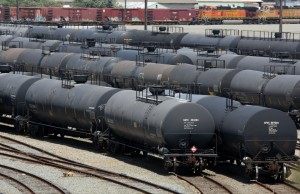
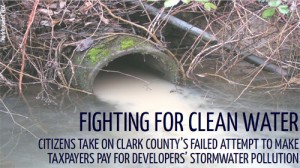
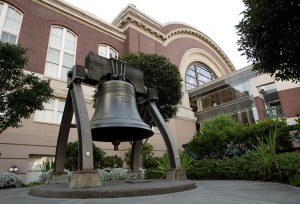
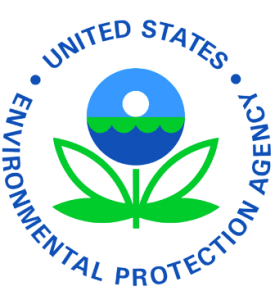
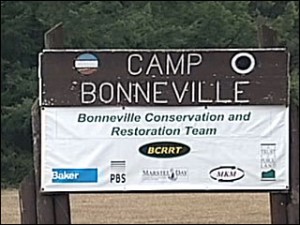
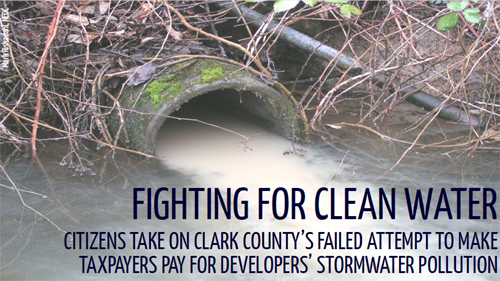


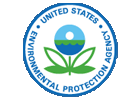







![Washington State Water Quality Assessment [303(d)] Washington State Department of Ecology](http://www.rosemerena.org/home/wp-content/uploads/2009/03/ecy_logo.gif)

